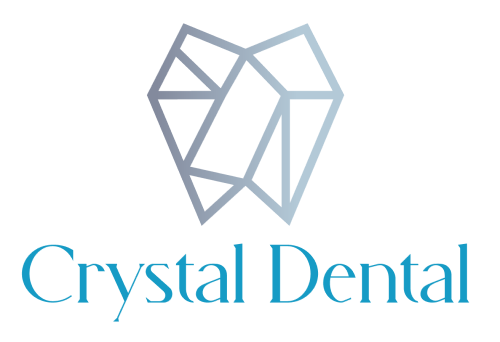
Many Americans will suffer from facial pain at some point in their lives. Often times, the source of this pain is related to one or both of the temporomandibular joints. The temporomandibular joints, called TMJ, are the joints and jaw muscles that make it possible to open and close your mouth. Located on either side of the head, these joints, along with muscles, ligaments, and bones, work together to help you chew and speak. Any problem that prevents this complex system from functioning properly may result in a painful TMJ disorder. If you or a loved one is experiencing pain around the jaw, neck, or ears, it’s important to schedule a consultation with Dr. Moradzadeh, a distinguished dentist in Los Angeles to locate the source of the pain and seek treatment options.
Symptoms of TMJ
Signs and symptoms of TMJ disorders typically include:
- Aching pain in or around the ear
- Headaches and neck aches
- Pain or tenderness of the jaw or jaw muscles
- Jaw pain when chewing, biting or yawning
- Difficulty opening and closing the mouth or difficulty chewing
- Hearing a clicking or popping noise/sensation when opening the mouth
- Sensitive teeth when no other dental problems can be found
Causes of TMJ
Because each TMJ has a disc between the ball and socket joint, the disc normally provides a cushion for the friction that occurs when the jaw opens and closes. If the disc is damaged or fails to work properly, the friction can cause extreme pain around the jaw, neck, face, and ears.
Possible causes of TMJ disorders include:
- Arthritis
- Misalignment of the teeth and jaw
- Jaw dislocation or injury
- Extreme stress and teeth grinding
TMJ Disorders
Often times, minor facial pain will relieve itself. For simple at home self-care treatments, focus on eating soft foods, applying icepacks to painful areas, and gently stretching the jaw to try and relieve the pain. It’s best to avoid quick, sharp jaw movements like yawning and yelling. Additionally, over-the-counter pain relievers can help reduce inflammation. If the pain does not improve or worsens after several days of at-home treatment, call your dentist in Los Angeles right away.
If you are diagnosed you with a TMJ disorder, further treatment options may include prescription medications like muscle relaxers, oral devices like mouth guards, or surgical procedures.
For those patients who experience facial pain, the most proactive solution is to consult with your Los Angeles dentist, Dr. Moradzadeh of Crystal Dental Center, as soon as possible to prevent any further damage. To schedule an appointment please contact Crystal Dental at 213.748.8448 or visit www.CrystalDentalCenters.com for further information.

Leave a Reply